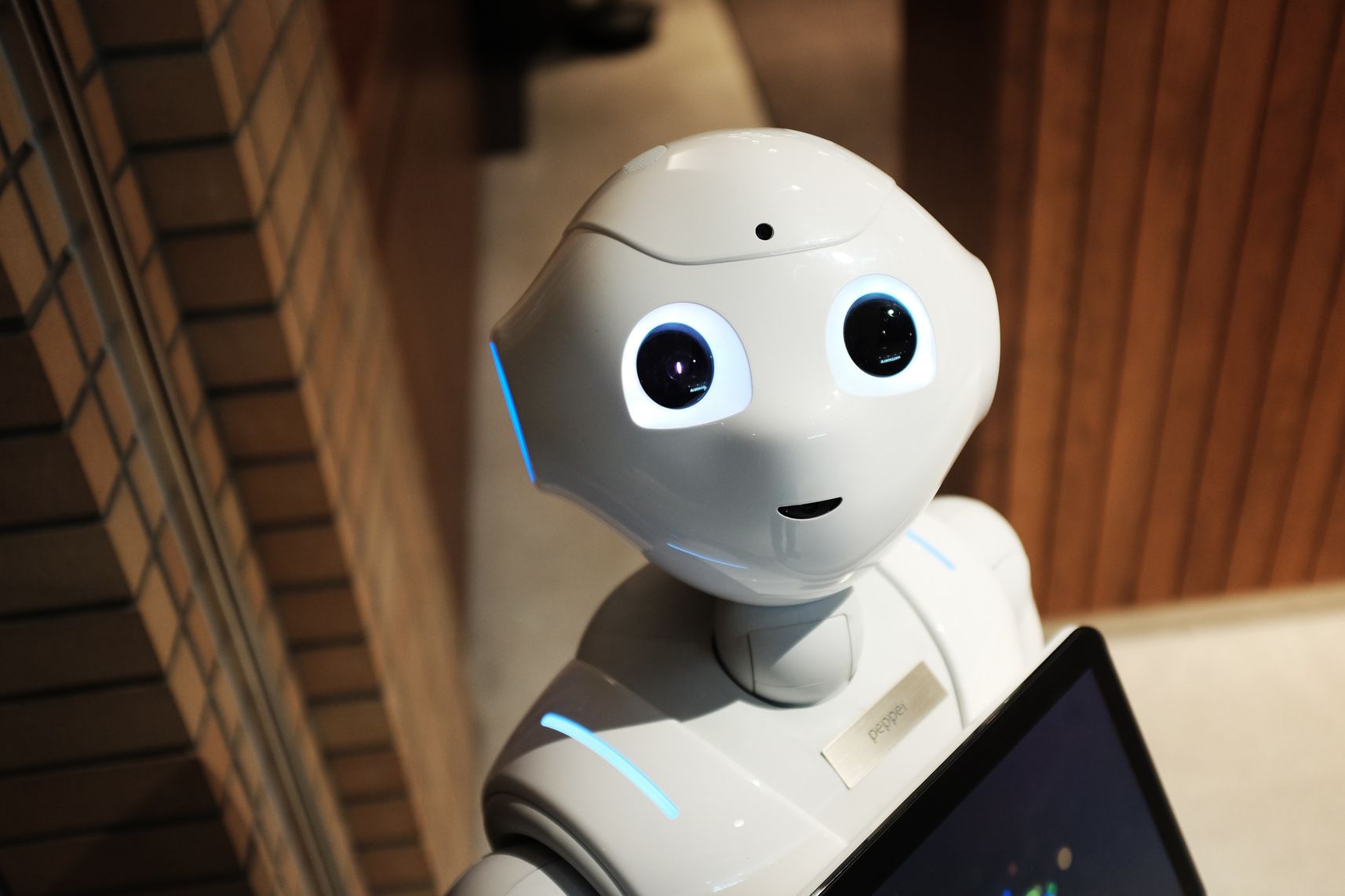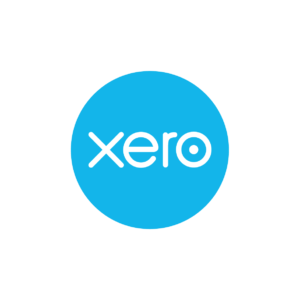As a double degree holder in accountancy (ACCA) and engineering (NTU), accounting automation has always been in my wish list. I could still vividly remember my first week of work in the accounting industry. It was March 2011. The economy was still recovering from the worst financial crisis since the Great Depression in 1929. Despite the weak business sentiment, I was fortunate to have been offered an entry level accounting role in one of the global management consultancy firms. Without much hesitation, I took up the offer.
My role largely revolved around bookkeeping processes. I was responsible for the full spectrum of trade receivables (AR) and trade payables (AP) activities. For the AP activities, I had to enter invoices received from the supplier, one by one manually, into the accounting system and subsequently apply payments made to those invoices. The same activities were also carried out for the AR activities. I would have to generate the invoices prior to sending it to customers and apply payments received from customers to the respective invoices. In addition, I would have to record other miscellaneous income and expenses which have been reflected on the bank statements on a daily basis. Bank reconciliation was also done manually and it was simply a nightmare to reconcile due to the huge number of transactions.
In the year of 2011, technological advancement was nowhere close to where it is today. Most companies, large and small, were still using desktop accounting systems. So did the global management consultancy firm I was working for.
A decade later, the technology has advanced tremendously. Gone are the days when we have to perform manual data entry work. There is really no need for companies to have a dedicated bookkeeping role anymore now. Accounting automation has finally arrived!
Factors Which Make Accounting Automation Possible Now
Accounting automation could not have been possible 10 years ago. It was not due to the lack of competency from the part of Accountants. However, the technological infrastructure to facilitate accounting automation was simply not available.
During the first decade of my professional life as a commercial accountant, I had the opportunity to use various accounting systems – SAP, Oracle, Microsoft Dynamics, Sage Accpac and many other desktop accounting softwares. For those who are not familiar with accounting softwares, SAP and Oracle are the two most sophisticated and popular accounting systems adopted by MultiNational Companies (MNCs).
While desktop accounting systems successfully replaced Microsoft Excel to perform bookkeeping activities, they were not designed for the purpose of accounting automation. Significant participation by humans is still required. In addition to the lack of accounting automation features, desktop accounting softwares is also very expensive. These two factors are not favourable to businesses, in particular to Small and Medium Enterprises (SMEs) as the costs contribute significantly and unnecessarily to the overhead.
Let me abuse my achievement as an engineering degree holder a little here. From a technical perspective, there are two prerequisites for accounting automation to take place. We need cloud infrastructure and artificial intelligence (AI). All desktop accounting softwares in the market now, they were developed long before cloud computing and AI stabilised. In short, desktop accounting softwares is practically outdated by now!
The Rise of Cloud Accounting Softwares
As business owners, we are now in the most exciting time of digital transformation for the accounting department. While legacy desktop accounting softwares is still widely used at the point of this article being written, by now it is clear that the adoption of cloud accounting softwares will surpass the legacy desktop accounting softwares eventually.
Cloud accounting softwares offers technological capability that cannot be possibly provided by its desktop counterparts. Due to its superior technological strengths, it forms the core of digital accounting which supports accounting automation. In other words, no cloud accounting softwares means no digital accounting and no digital accounting means no accounting automation. As an engineer by training and accountant by practice, I believe that cloud accounting softwares is a perfect marriage between accounting knowledge and technological advancement.
Benefits of Accounting Automation
I have so far shared about the accounting revolution which has already begun with the growing popularity of cloud accounting softwares. However, we are still in the very early stage of the accounting revolutionary curve.
There are still many companies who are still doing accounting manually using desktop accounting softwares. I have nevertheless seen a growing, but small number of companies which have embraced accounting automation and start adopting cloud accounting softwares. Having participated in manual accounting processes in various companies while I was still working as a commercial accountant, I can fully appreciate the benefits of accounting automation. Accounting automation not just brings multiple benefits to my clients, but also to me as their freelance digital accountant. While the benefits of accounting automation is clear, I will still make an attempt to elaborate them in detail.
- Accounting automation assists in minimizing cost of accounting department
Let’s face the reality. The business landscape in Singapore is highly competitive. Of course, that also means running business in Singapore is extremely exciting! There are always companies out there who will try to offer better products or services at a lower price. In order to compete, not only the products and services need to be different from what are being offered by competitors, they need to be priced competitively too. To do so, companies need to carefully manage its overhead.
In most, if not all companies I have seen so far, the cost of running their accounting department is one of the highest costs in the overhead. I am not exactly surprised by this as most of the companies are still ignoring accounting automation. Based on my personal estimate, companies who adopt accounting automation will be able to reduce its accounting department cost by at least 50%. Oh yes, 50% is surely a big figure. It is easy to come to that conclusion as most, easily more than 50%, of the works which I used to do manually in the past can now be easily automated.
On the other hand, the amount of expense incurred for accounting automation is limited to the monthly subscription fee for the cloud accounting softwares. While the prices vary, what you need to pay for the top range cloud accounting softwares will likely be cheaper than how much you spend on your broadband internet connection.
- Accounting automation get things done faster – much faster
Not only does accounting automation assist in minimizing the cost of running an accounting department, it also gets things done much faster than a combination of desktop accounting software and humans can possibly achieve.
Let’s take a simple example. Companies which have not adopted accounting automation will have to enter suppliers’ invoices manually into the accounting systems. Having done that for several years in the early phase of my career as a commercial accountant, I can assure you that is a highly time consuming process. The reason why it takes up so much time is because there are some compulsory fields that we will need to enter into the accounting systems. Some of them will be the name of the supplier, the date of the invoice, the amount of invoice, etc.
It may sound unbelievable, but all those can be automated! Not only the data entry can be done automatically, but it is also done immediately! There is really no need for your accountants to be spending time on those manual works. As commercial accountants are not cheap and their salary could run into thousands per month, they should be spending their time assisting the business in more strategic activities. Well, if you are running a smaller setting company and do not actually need an accountant, you can simply save thousands of dollars per month in cost.
- Accounting automation makes life so much easier
It makes no sense to adopt accounting automation despite its ability to lower operating costs tremendously and get things done much faster if it makes life more difficult. Having done accounting both using automation and manually, I do find life is so much more enjoyable with accounting automation. Gone are the days when I had to do mundane data entry and bank reconciliation. They are all automated now with little or no intervention from me.
I have been extremely detailed in sharing the benefits of accounting automation and do not hold back any information which may help your business to more effectively and efficiently. Do treat it as my sincere appreciation to you that you have invested your time in reading my article. I am living my life to the fullest helping businesses to minimize their accounting costs as a freelance digital accountant in Singapore. Do feel free to get in touch with me should you wish to find out more about accounting automation. Believe me, you will never look back! As accounting automation is still in the very stage of adoption in Singapore, I would strongly advise to jump on the bandwagon early and get ahead of your competitors – whichever industries you are competing in.
How To Get Started with Accounting Automation
Obviously the easiest way to get started with accounting automation is simply to drop me a quick note and I will take care of the rest. However, should you prefer to take the DIY approach, the next few paragraphs will help you to get started in reducing costs, getting things done faster and making life so much easier.
As I have shared with you earlier, digital accounting is a prerequisite for accounting automation and cloud accounting software forms the core of digital accounting. That means the first step you will need to adopt a cloud accounting software. The reasons on why cloud accounting software is needed for accounting automation has been explained in the earlier part of this article.
There are various cloud accounting softwares out there, they have different capabilities. It is important to assess and decide one that offers the maximum potential for accounting automation.
Once you have subscribed to cloud accounting software, it is time to perform data migration. You will need to select a cut-off date and move the data from legacy desktop accounting software to modern cloud accounting software.
You can now start aligning the internal processes to digital accounting. Depending on how digitally savvy your employees are, the time taken to align to digital accounting will vary between one company to another. As digital accounting is another big concept with various areas to look at, I will share the details in a separate article. Nevertheless, should you wish to find out more about digital accounting immediately, do feel free to drop me a note and I will be more than happy to share more about it.
The Future of Accounting Automation
There is simply not a better time to run business than now. The automation process is taking place more rapidly than anytime we have ever seen in history. Accounting automation has revolutionised how bookkeeping should be done. Personally, I have never seen such an exciting time ever in my decade-long career in the accounting industry.
Accounting automation is here to stay and there is no doubt about that. As business owners, most of us probably understand the power of digital marketing by now. While digital marketing assists in bringing down advertising costs, digital accounting brings about accounting automation which in turn reduces the cost of running an accounting department.
While cloud computing has largely stabilised, artificial intelligence (AI) is taking shape. Artificial intelligence is expected to improve over time and accounting automation will progress along with it. There will be a day when accounting automation will take over most of the accounting tasks and the human will perform checking on the works carried out by robots. Many of the manual accounting tasks which I thought would take a long time to be automated, they can now be easily automated.
Accounting automation is here to stay. As business owners, ignorance is not a bliss. Companies who choose not to embrace accounting automation will continue to incur a huge overhead costs in terms of salaries paid to in-house accountants and bookkeepers. This will in turn reduce their competitiveness when pricing their products and services.
In conclusion, unless the business is a monopoly, all businesses should tap into accounting automation. There is absolutely no reason why any business should still perform their accounting work manually when the work can be done cheaper, faster and more enjoyable. Welcome the era of accounting automation!
Original article written by Yanto Wong.





Pingback: Personal Finance - 3 Simple Steps To Achieve Financial Independence
Pingback: 10 Reasons Why I Choose To Become An Accountant